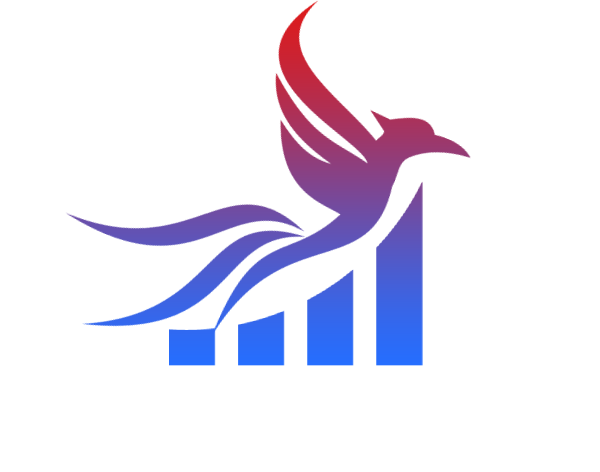The Ultimate Guide to FHA Loans for Potential Homebuyers
- Content Writer
- August 18, 2023
- FHA Loans, Mortgage and Financing Options
- 0 Comments
Understanding the ins and outs of an FHA loan can be the ticket to your dream home. Dive deep into this comprehensive guide to decide if it’s the right path for you.
Brief Overview: What is an FHA Loan?
An FHA loan, or Federal Housing Administration loan, is a government-backed mortgage designed to assist potential homeowners who may not qualify for traditional loans. This type of loan has its roots in the 1930s, a response to the widespread foreclosures and defaults that happened during the Great Depression. By insuring the mortgage, the FHA aims to bolster the housing market by making loans more accessible and less risky for lenders.
Advantages for First-Time Homebuyers
- Lower Down Payments: Unlike conventional loans which often require 10-20% down, FHA loans can be secured with as little as 3.5% down.
- More Forgiving Credit Score Requirements: Borrowers with lower credit scores may find it easier to qualify for an FHA loan compared to other types of mortgages.
- Competitive Interest Rates: Due to the government backing, lenders can offer competitive interest rates, potentially saving borrowers money over the life of the loan.
- Seller Concessions: FHA loans allow sellers to contribute up to 6% of the sale price towards the buyer’s closing costs, helping to further reduce the upfront costs of buying a home.
Limitations and Caveats
- Mortgage Insurance Premium (MIP): Borrowers must pay an upfront MIP and typically an annual MIP, increasing the cost of the loan over time.
- Loan Limits: FHA loans have set limits on the amount you can borrow, which vary by region.
- Property Standards: The property must meet certain safety, security, and soundness (structural integrity) standards.
- Occupancy Requirements: The borrower must occupy the property as their primary residence.
Documentation and Eligibility
- Proof of Employment: Stable employment history, preferably with the same employer for the last two years.
- Credit Score: Typically, a minimum score of 580 is needed for the 3.5% down payment benefit, though those with scores between 500-579 might still qualify with a 10% down payment.
- Debt-to-Income Ratio: Your monthly mortgage payment should generally be less than 31% of your monthly gross income, and your total monthly debt should not exceed 43%.
- Property Approval: The property must be appraised by an FHA-approved appraiser and meet specific criteria.
- Mortgage Insurance: As mentioned, borrowers must pay for mortgage insurance, ensuring that lenders are covered if you default.
Real-life Testimonials
“The FHA loan was a lifesaver. With my credit history, I thought homeownership was years away. But with a smaller down payment and understanding lender, I’m now a proud homeowner!” – Jodie L.
“I was intimidated by the home buying process, especially the financial aspects. FHA loans made it more digestible, guiding me step by step.” – Michael T.
Conclusion
While FHA loans offer a plethora of advantages, especially for first-time homebuyers, it’s essential to weigh the pros and cons based on your financial situation. They provide a unique opportunity to make homeownership accessible, but factors like mortgage insurance and property standards may impact your decision. Always consult with a financial advisor or mortgage professional to determine the best path forward in your home buying journey.


